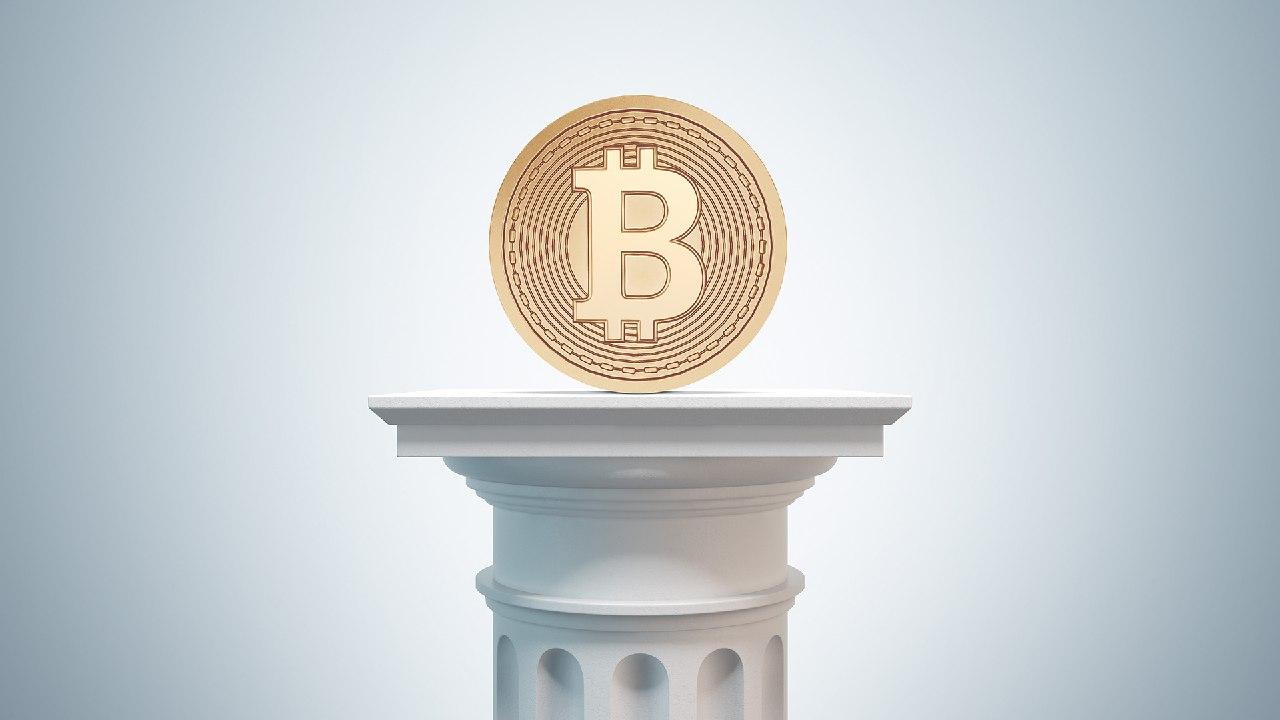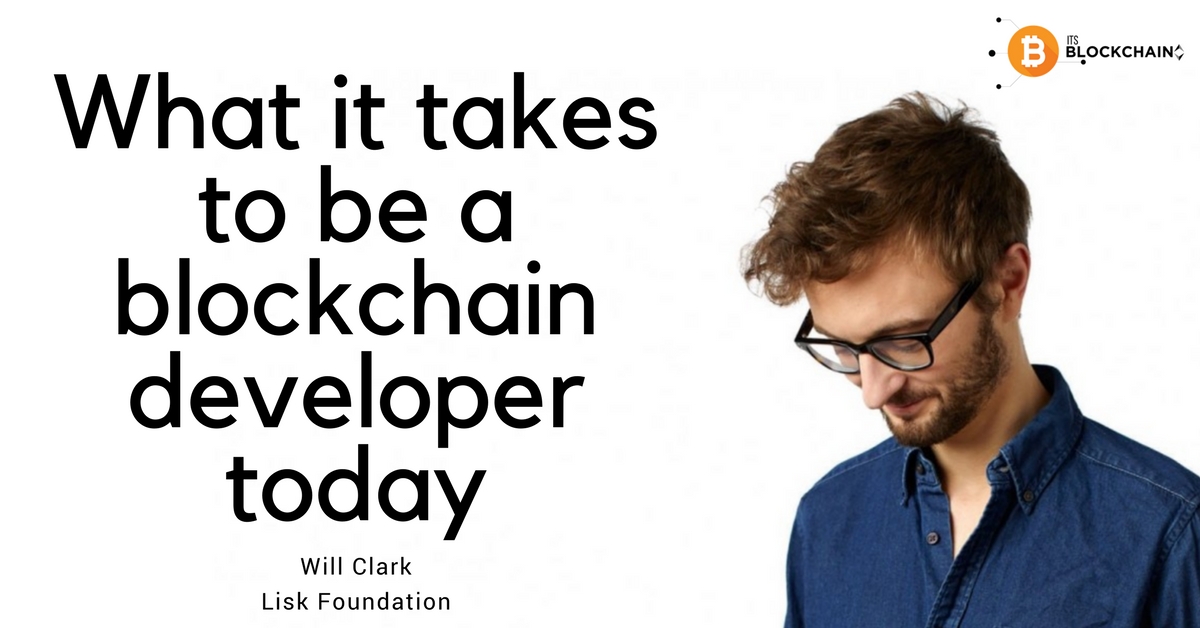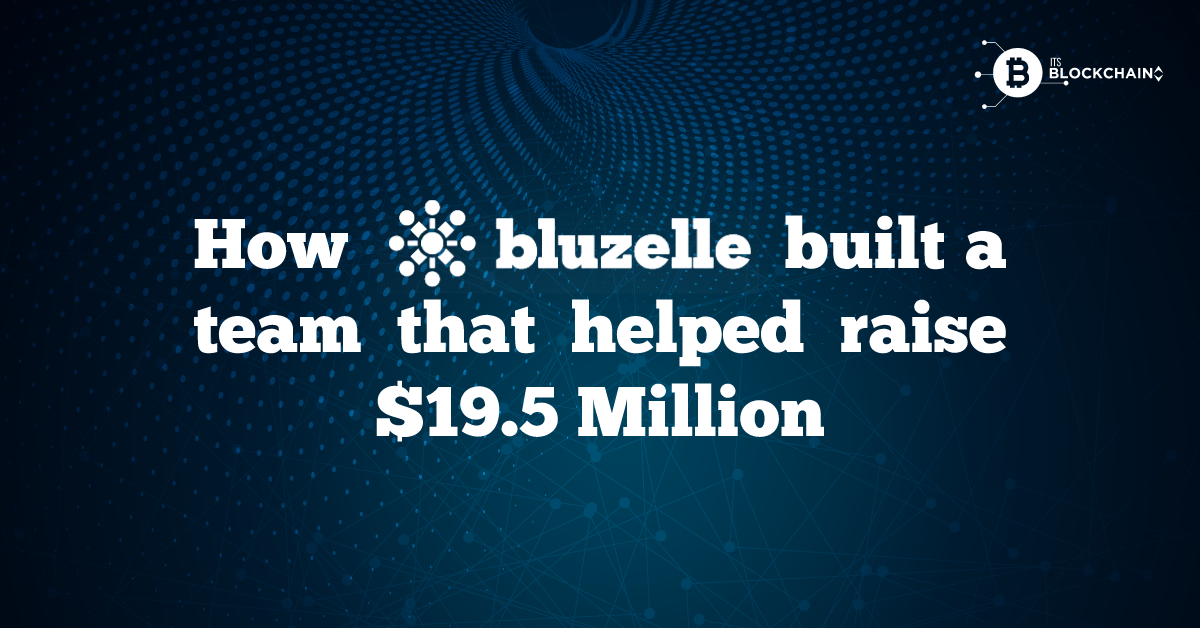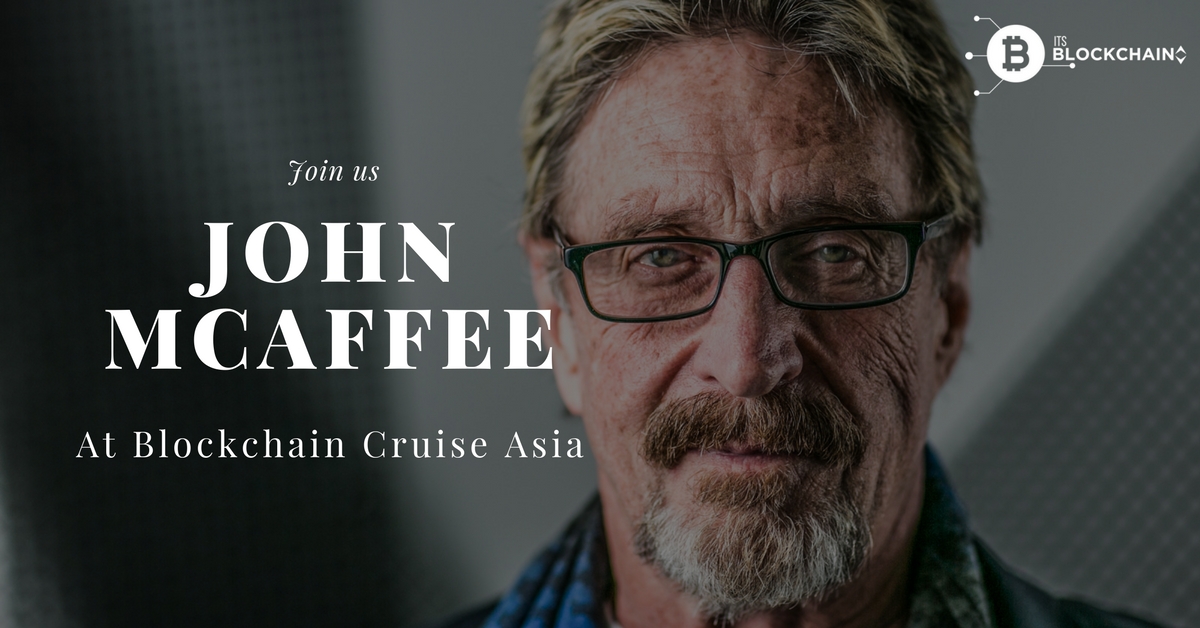Late last year, we interviewed Toshendra Sharma, the CEO of Records Keeper, a blockchain company, on the scope of ethereum, entrepreneurship and ICOs. A few days back, Toshendra’s company proposed a solution which would solve the recent CBSE paper leak that required thousands of Indian students to retake their board examinations.
We got on an interview with him to understand what it would take for a blockchain powered solution to be implemented in a vast system like CBSE and what roadblocks are currently faced by companies like Records Keeper in doing so.
We know you’ve been working on Records Keeper for some time. But is the first proper application you will be releasing to the public, or have you done other projects in the past?
Actually, we are launching it as a platform. A platform on top of which other applications can be built. So we are basically creating a new ecosystem where anybody can launch their application like a healthcare management system, financial management system, etc. For the purpose record keeping we are going to be using our own public blockchain.
So this blockchain, that you are using, which platform is it based on? Have you developed your own or is it based on Ethereum?
We have extended open source technologies like multichain and bitcoin for our own use. So it is essentially multichain and bitcoin-based.
Tell us a little about the uptake of your product. Have people been interested? And has it been easy, especially in a country like India that doesn’t have a strong blockchain ecosystem, to increase adoption for products like yours?
We are not looking at Indian companies and the government to look into this product, firstly because they’re slow and secondly, they do not understand this very well. We are expecting a lot of interest from the western market specifically; the US, UK and Canada where people are really crazy about this.
We keep getting interested in sensor record keeping, somebody wanted to track the supply chain, etc. So we thought why not have a separate platform just for the database for the blockchain, sort of like Mongo TV on the blockchain. So that is the idea.
I want to talk about a blog post that you published a couple of days ago about how we can make CBSE examination leaks a thing of the past. Now, this is definitely a ready solution. But are there any scaling issues that you might encounter if a large system like the CBSE, is put on the blockchain? Or is this a solution that is ready to be implemented right now?
So there will be no scalability issues and the platform is ready to be implemented. So in case CBSE comes to us and says they want to use this; we are ready right now, we can do it tomorrow.
In terms of scalability, we are not talking about transactions with millions of users. We are talking in terms of schools using and accessing the blockchain. Let’s say there are about 50,000 schools in India? 50,000 is a small number for the blockchain and as we are not talking about the millions of students accessing and using the blockchain, there will be no problem.
There are some operational challenges that will come up while implementing a system like this, but when we talk about technology solutions; operational challenges like printing, etc may come up, but by investing a small amount of money, the problem can be solved easily.
What are the barriers that you feel hinder the adoption? You already mentioned the government is very slow with technology, but in the event that the government does implement this, will the schools use it because it is very disruptive.
The thing is, the flexibility that they had will essentially go on implementation. But the good thing about our platform is that the solution doesn’t need the schools to scrap the entire system that is already in place.
What we are saying is, instead of officials of schools receiving the exam papers in an envelope that can be tampered with or even photocopied, CBSE can send the schools an encrypted copy of the paper, that can be downloaded. And the day of the exam, CBSE can release a public key thirty minutes before the exam. That is it.
This will make sure that the people that are actually accessing the question papers are formally authorised to do so. And this will reduce the chances of a leak.
There is one operational challenge that will arise. Each question paper has a watermark of the school that it is being used at, this watermark, in the event of a leak, will prove which school has actually leaked the paper during the investigation. So in the event that our platform is implemented and scammers still manage to leak the paper, there is no way of telling where the leak originated from.

Hitesh Malviya is the Founder of ItsBlockchain. He is one of the most early adopters of blockchain & cryptocurrency enthusiast in India. After being into space for a few years, he started IBC in 2016 to help other early adopters learn about the technology.
Before IBC, Hitesh has founded 4 companies in the cyber security & IT space.
Subscribe to get notified on latest posts.































